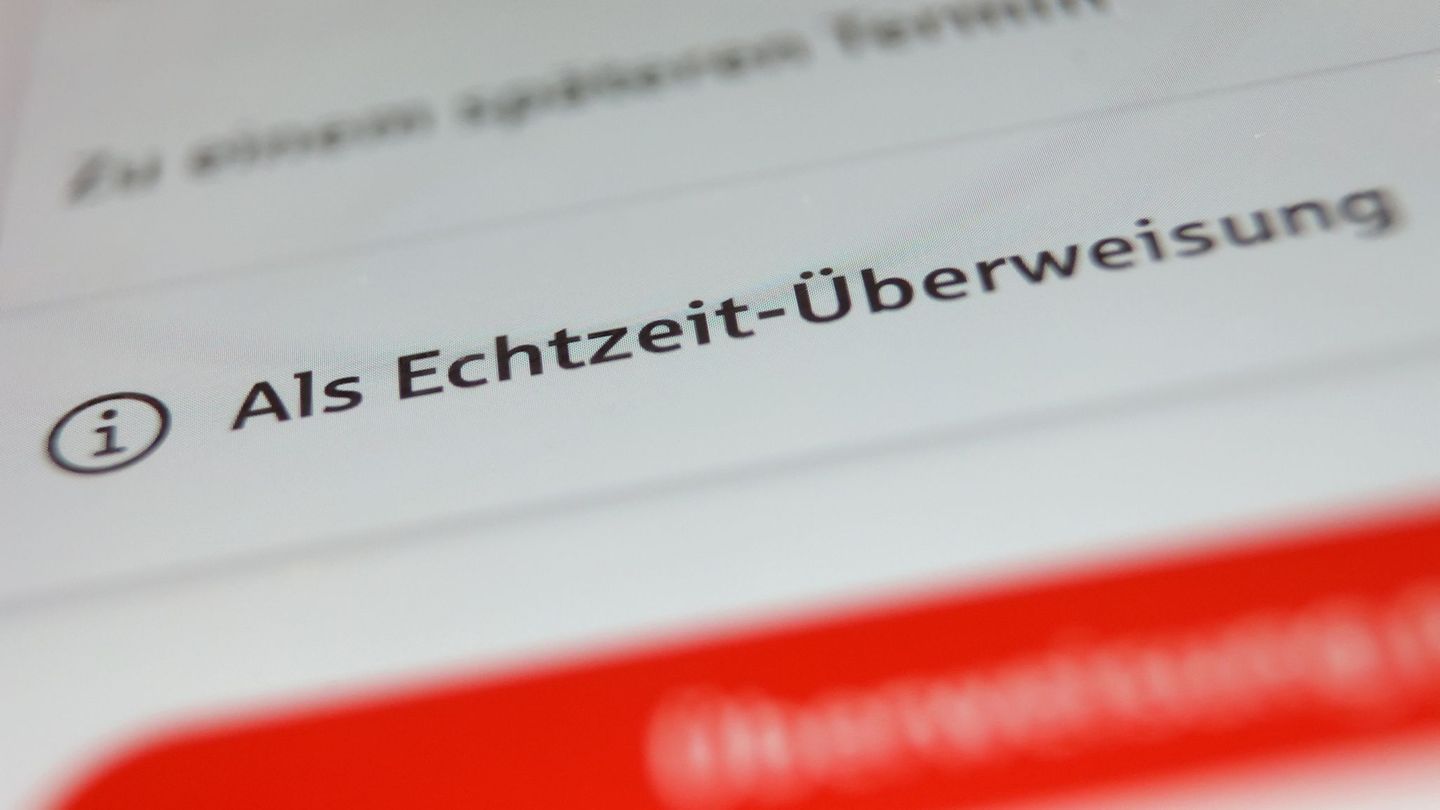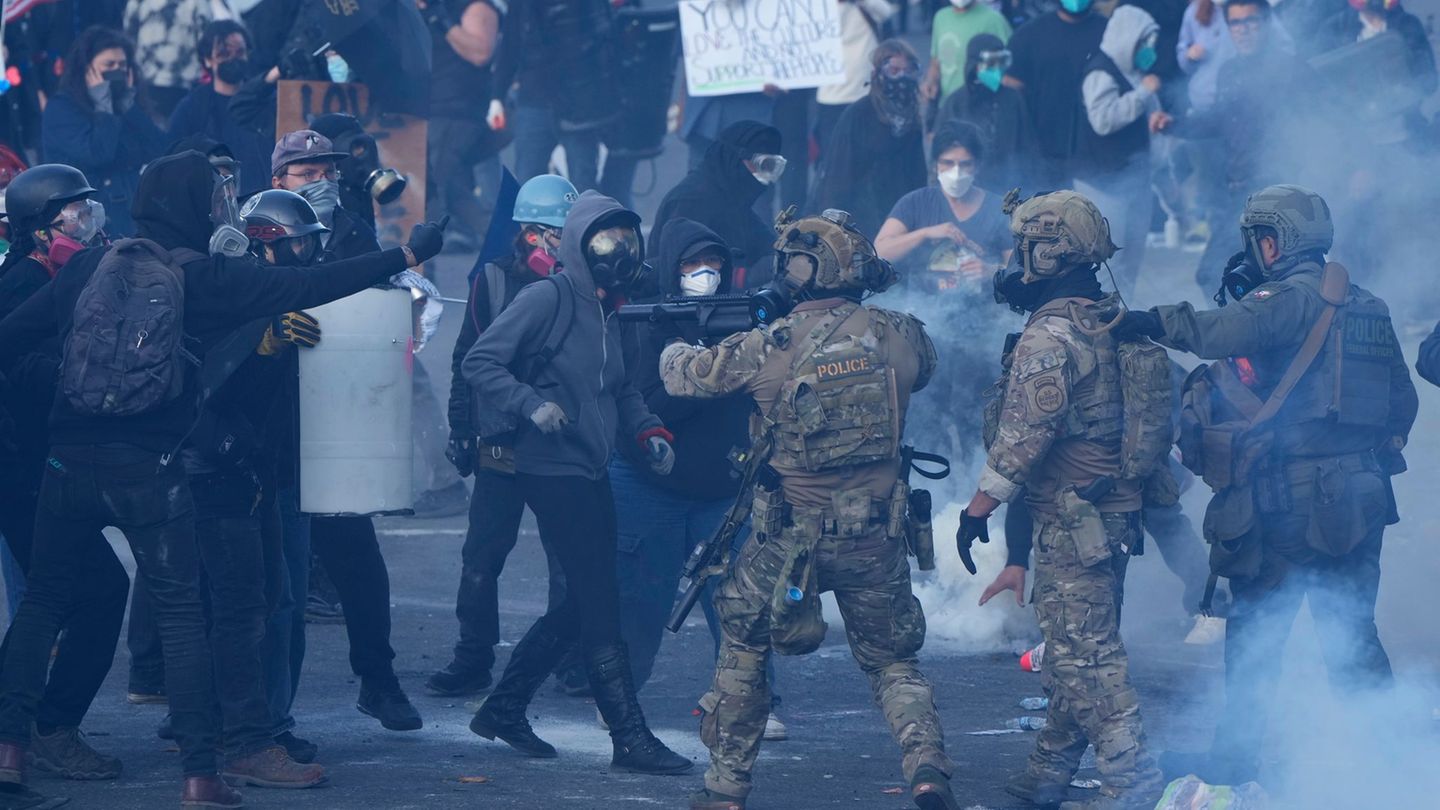“After further investigations, the Institute for Inland Fisheries in Olsztyn found rare microorganisms, so-called golden algae, in water samples from the Oder,” said Environment Minister Anna Moskwa on Thursday. The bloom of these algae can cause the emergence of toxins that kill aquatic organisms such as fish and mussels, but are not harmful to humans.
On the German side, the poisonous species of algae Prymnesium parvum was recently identified in the Oder. Prymnesium parvum is also sometimes called golden alga, but this is not a biological term. Several species are so named because they shimmer golden. Neither the Institute for Inland Fisheries in Olsztyn nor the Polish Ministry of the Environment was initially able to find out the Latin name for the golden alga mentioned by Minister Moskva and whether it was the same type of algae that was discovered in Germany.
Moskva said additional research had confirmed that a golden algal bloom had occurred in the Oder. The cause of the algae bloom is still under investigation.
The death of fish in the Oder has been worrying people who live on the river in Poland and Germany for days. The cause of the environmental disaster is still unclear.
The investigations have so far yielded no clear evidence of a singular cause. An expert saw the massive increase in certain algae as a decisive factor on Thursday. “For me, it is relatively plausible that this massive proliferation of algae has occurred – and in connection with this, the release of toxic substances produced by these algae is well documented,” said Jörg Oehlmann, head of the Aquatic Ecotoxicology department from the Goethe University in Frankfurt. “We also know that these toxins can cause such fish kills even at relatively low concentrations.” Whether these are ultimately blue-green algae or the toxic species of algae Prymnesium parvum, which was last identified in the Oder, remains to be clarified.
The EU Commission pushed for results. “It is extremely important and urgent to determine the cause and take the appropriate measures downstream,” said a spokesman for the Brussels authority. “The sooner we can identify the cause of this ecological catastrophe, the sooner we can begin to manage and limit the wider impacts on wildlife, fisheries, agriculture and recreation.”
Source: Nachrichten




